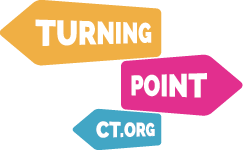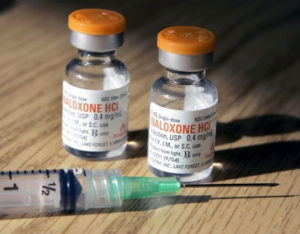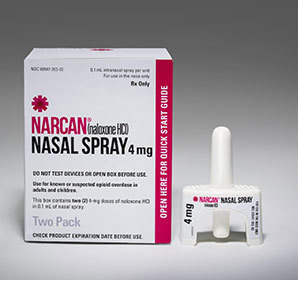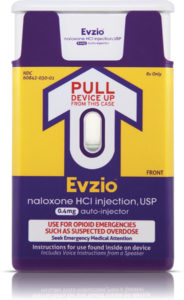I grew up in the era of prevention that was the D.A.R.E. program, ‘tough love’, and “Just Say No”. These methods, for me, didn’t prevent me from experimenting with substances, and instead added shame, fear, and invalidation. It made me more sneaky and secretive.
If I could look back at my struggles with mental health and addiction, and try to think of a way the struggles could have been prevented, I think about the messaging that was given to me growing up. Whether it was judgmental media or presentations at school, the delivery and content were horrific.
I believe what would’ve been helpful prevention methods within messaging would have been to have frequent guest speakers that were people with lived experience, close to my age group. Hearing someone close in age share their experiences would’ve helped me relate and less stigmatized. I also believe that having more messaging around mental health and coping skills would’ve prevented a lot of issues that I faced. Had I been taught in depth about mental health, stigmas, grounding techniques, and mindfulness practices, I could’ve been able to handle the things I was going through.
All of the prevention tactics taught in school perpetuated stigma and kept families suffering in silence. I remember messaging coming across as if addiction was a choice and made me question foundational beliefs I had of my loved ones. These prevention methods were also a cookie-cutter approach, assuming that one-treatment-fits-all. As many of us know, what works for one doesn’t always work for the other, and that’s ok.
So to the prevention professionals and parents, allow prevention to include meeting someone exactly where they are at. Focus on what can be worked on and put a pause on the rest. Try to avoid a fear and/or shame based method and instead approach situations with empathy, grace, and love.







